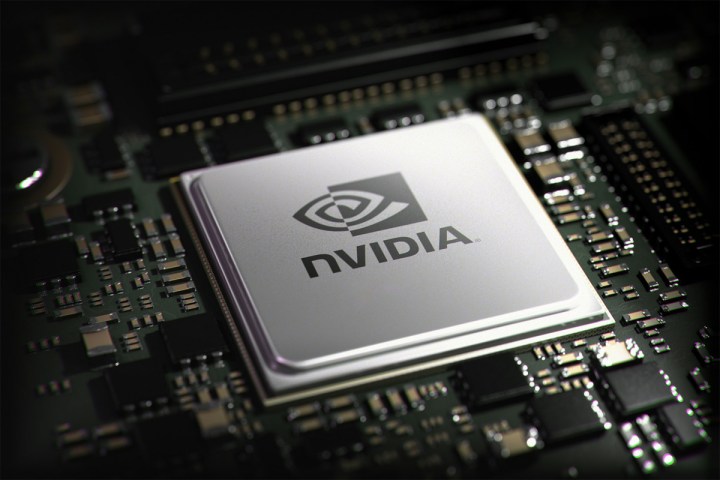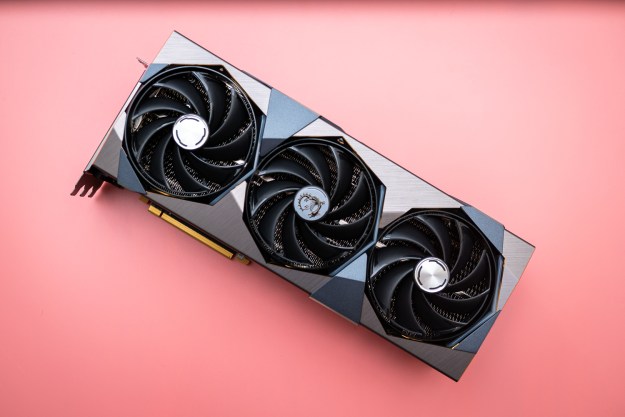
Yet that victory was dampened somewhat by strong demand from cryptocurrency miners. Ethereum, a Bitcoin alternative that began to surge in price in late March 2017, drove hordes of miners to Nvidia in hopes of using its fast hardware to crank out virtual coins.
While the price of Ethereum has dropped about 25 percent from its high, it’s back on the upswing. Nvidia’s CEO, Jensen Huang, seems to think cryptocurrency-driven demand for the company’s cards is no fad. “It’s very clear new currencies will come to market. And it’s very clear the GPU is ideal for cryptography,” he said, adding “this is a market that’s not likely to go away anytime soon.”
That’s good news from Nvidia, but may not be good news for gamers. Huang acknowledged that, saying, “There were gamers whose needs and demands weren’t filled last quarter, and the second quarter is an important part of the year for us.”
While the company plans to continue production of cards built for cryptocurrency mining — these exclude frills like video ports, which aren’t needed — Nvidia seems unsure exactly how the competition of demand between gamers and miners will play out. It can only produce so much hardware, and if that’s not enough to satisfy both miners and gamers, supply could remain a problem.
Nvidia didn’t offer any hint at an all-new gaming GPU soon, and didn’t comment on the upcoming release of AMD’s Radeon Vega, a new line of high-end video cards that aim to compete with Nvidia’s GTX 1070, 1080, and 1080 Ti.
However, Huang did deliver one nugget of hype. He responded to a question about Volta for gaming by saying, “We haven’t announced anything. All I can say is that our pipeline is filled with exciting new toys.” That sounds like a non-denial denial. You can read up on Volta here if you want to know more about the hardware, which is tooled to power AI and machine learning.
Editors' Recommendations
- This gaming PC will also make you a cup of coffee
- How I unlocked the hidden modes of DLSS
- The war between PC and console is about to heat up again
- Nvidia RTX 50-series graphics cards: news, release date, price, and more
- As a lifelong PC gamer, these are the apps I couldn’t live without



